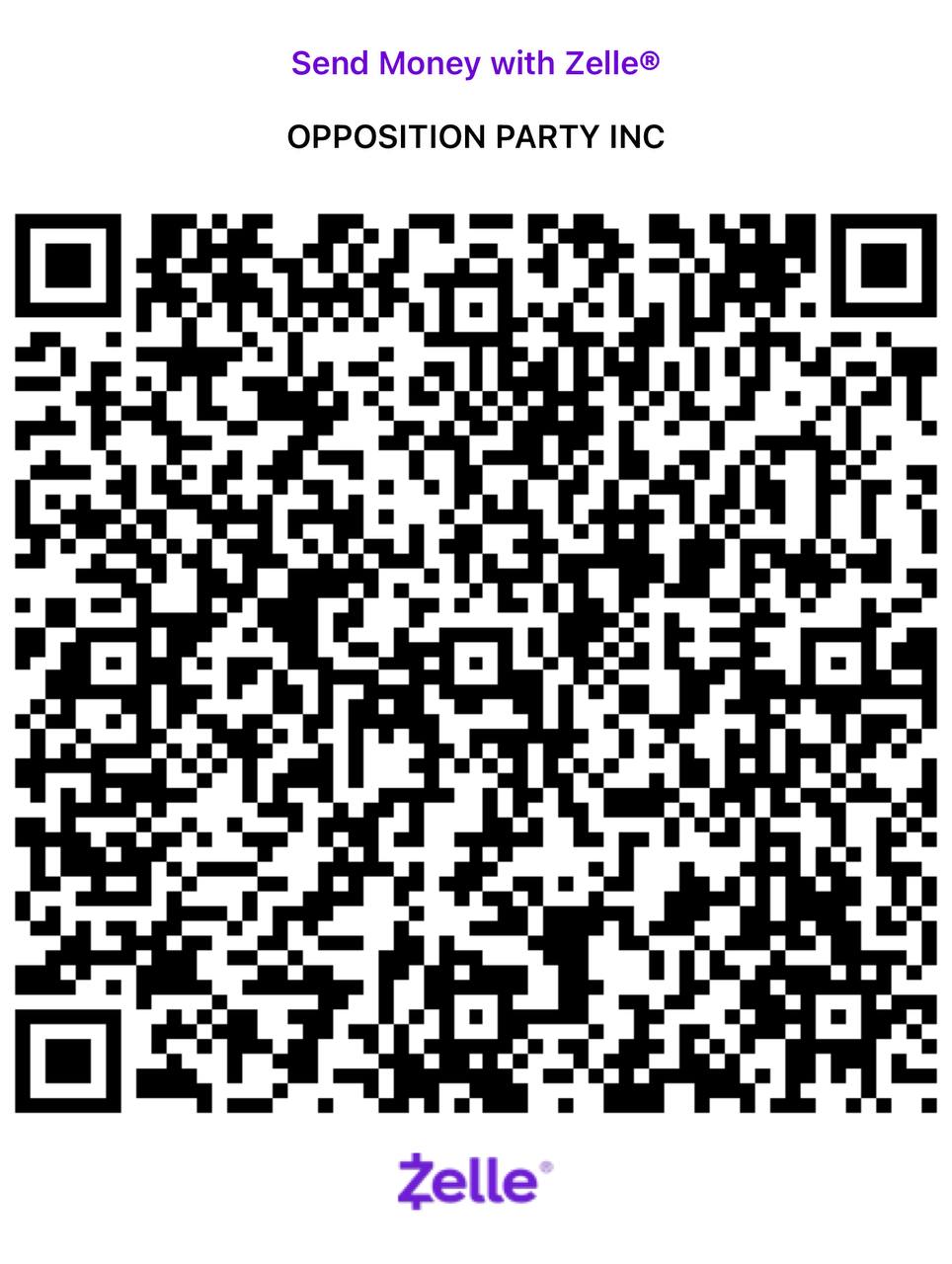作者:卢超
编辑:胡景 责任编辑:侯改英 校对:程筱筱
众所周知,刘晓波先生是诺贝尔和平奖得主,是《零八宪章》的主要起草人之一。可是对我而言,他更是一位特殊的同乡,一位人生的榜样。
我和他同是来自吉林,但真正的“认识”他,却是从我学会“翻墙”开始的。翻到墙外后,我第一次读到了《零八宪章》。那些关于民主、自由、宪政的文字,犹如一道光,瞬间揭穿了我在国内受教育中被灌输的种种谎言。这份震撼,只有一个在封闭环境中长大的人才能深刻体会。
卢超-rId5-1097X1463.jpeg)
从他身上,我看到了知识的力量,看到了文明的曙光。然而真正让我敬佩他的,是他“89.64”之后的所作所为。他曾因参与天安门请愿抗议而被捕入狱。他并非没有机会远走他乡逃离迫害和苦难,而是毅然选择了留下,选择了在这片他深爱的土地上,做一个说真话的“知识分子”。他放弃安逸,选择条最艰难的道路——做民主中国的殉道者。之后的几十年里,他一次次入狱,出来后又一次次的发声。他本可以沉默,但他拒绝沉默;他本可以妥协,但他妥协。他献出了自己的生命,展现了一个民主人士的气节。
他所坚持的,是和平、理性、非暴力的力量。他始终相信,中国的变革不应该靠仇恨和暴力,而是靠理性的对话和渐进的改良。这份坚持,使他在那个充满戾气和犬儒主义的环境中,显得格格不入,也正因为如此,才又显得如此珍贵。他就像“房间里的大象”那个故事中说真话的孩子,以一己之力,维护着一个民族的良知底线。
他最令人敬佩的,莫过于发起了《零八宪章》。这不是一次激进的革命宣言,而是一份温和、理性的宪政蓝图。他试图为中国的未来,寻找一条代价最小、共识最大的和平转型之路。然而,即使是这样卑微的请求,也是中共所无法容忍的,他刺痛了当局脆弱的神经。为此他被重判11年,直至在狱中罹患癌症去世,付出了生命的代价。
在最后的法庭陈述中,他留下了“我没有敌人”的旷世之言。这句话曾让许多人不解,甚至质疑。直到后来,我才逐渐明白,这不是懦弱,而是一种更深沉的勇气和更博大的胸怀。他要通过自己的所言所行,来消弥统治阶级和人民的对立和对抗,从而弥补社会分裂,实现社会和解。他想消解的是那个与民争利和压制人性的制度,而非对抗某个具体的人。他的心中没有仇恨,只有对同胞和这片土地的至深大爱。这种超越个人恩怨的政治信念,正是他作为一个思想者和殉道者的伟大之处。
卢超-rId6-1280X960.jpeg)
如今,我身在自由之地,终于可以公开地纪念他。在加州圣莫妮卡海滩的纪念活动中,当海风吹拂着那把象征他荣誉与苦难的“空椅子”,我与众多同道站在一起,缅怀他,纪念他,不仅是缅怀一个逝去的生命,更是在用行动宣告一种精神的传承:我们没有忘记,我们仍在坚持,为在中国实现民主和宪政而奋斗。
刘晓波先生用他的一生为我们铺路。作为他的同乡,我倍感荣幸,也更觉责任重大。他的精神,成为我辈前行的不竭动力,时时刻刻激励着我,激励着我们,为那片我们共同深爱着的土地,尽我们的一份绵薄之力。
The Silhouette of a Martyr: The Man I Admire, Liu Xiaobo
Abstract:Together with many companions who share the same convictions, the author pays tribute to Liu Xiaobo. This is not merely an act of mourning for a departed life, but an affirmation of the continuity of a spiritual legacy: we have not forgotten, and we continue to persevere in the struggle for democracy and constitutionalism in China.
Author: Lu Chao
Editor: Hu Jing Executive Editor: Hou Gaiying Proofreader: Cheng Xiaoxiao
It is well known that Liu Xiaobo was a Nobel Peace Prize laureate and one of the principal drafters of Charter 08. Yet, for me, he represents something more personal—he was not only a distinguished figure but also a fellow native of Jilin, and a model whose life has guided my own.
We both came from Jilin, but my true “encounter” with him began only after I learned how to “scale the firewall.” Beyond that barrier, I read Charter 08 for the first time. Its words—on democracy, freedom, and constitutional governance—struck me like a beam of light, instantly piercing through the many lies instilled in me through domestic education. The shock of that moment is something only someone raised in a closed environment can fully grasp.
卢超-rId5-1097X1463.jpeg)
From him, I came to understand the power of knowledge and to glimpse the dawn of a more civilized future. Yet what truly earned my respect were his actions after “89.64.” He was arrested for participating in the Tiananmen petition and protest. He was not without opportunities to go abroad, to escape persecution and suffering. Instead, he chose to stay. He chose to remain on the land he loved, to be an intellectual who still dared to speak the truth. He gave up comfort and chose the hardest path—becoming a martyr for a democratic China.
In the decades that followed, he was imprisoned again and again, and each time he emerged, he raised his voice once more. He could have chosen silence for the sake of safety, but he refused to be silent; he could have compromised in exchange for survival, but he never compromised. He gave his life, embodying the moral integrity of a democrat.
What he upheld was the power of peace, reason, and nonviolence. He consistently believed that China’s transformation must not rely on hatred or violence, but on rational dialogue and gradual reform. This commitment made him stand out—almost out of place—in an environment filled with hostility and cynicism; and for precisely this reason, his presence was all the more precious. He was like the child in the story of “the elephant in the room,” the lone voice who continued to speak the truth and guard the moral baseline of an entire nation.
Perhaps most admirable was his initiative in launching Charter 08. It was not a radical revolutionary manifesto but a moderate, rational blueprint for constitutionalism. He sought a path for China’s future that would achieve peaceful transition with the least cost and the greatest consensus. Yet even such a humble request was intolerable to the Chinese Communist Party. He struck a nerve—one so fragile that the authorities reacted with fear and severity. For this, he was sentenced to eleven years, and eventually died of cancer while still in custody, paying with his life.
In his final statement to the court, he left behind the immortal words: “I have no enemies.” Many were puzzled, even skeptical. Only later did I gradually understand: this was not weakness, but a deeper courage and a broader magnanimity. Through his words and actions, he sought to dissolve the antagonism between rulers and the ruled, to repair social fractures and enable reconciliation. What he opposed was a system that exploits the people and suppresses human dignity—not any particular individual. There was no hatred in his heart, only profound love for his compatriots and his homeland. This political conviction—one that transcends personal grievances—is precisely what made him great, both as a thinker and as a martyr.
卢超-rId6-1280X960.jpeg)
Now, living in a land of freedom, I can finally commemorate him openly. At the memorial event on Santa Monica Beach in California, as the sea breeze brushed against the “empty chair” symbolizing both his honor and his suffering, I stood together with many companions who share the same convictions. We mourned him and remembered him—not only to honor a life that has passed, but to declare through our actions the continuation of a spiritual legacy: we have not forgotten, and we continue to persevere in the struggle for democracy and constitutionalism in China.
Liu Xiaobo devoted his entire life to paving the way for us. As his fellow native of Jilin, I feel deeply honored—and all the more burdened with responsibility. His spirit has become an inexhaustible source of strength for our generation, inspiring me, inspiring all of us, to contribute what little we can to the land we all love so profoundly.


杨长兵-rId5-900X743.png?w=218&resize=218,150&ssl=1)
卢超-rId5-480X280.jpeg?w=218&resize=218,150&ssl=1)
于越-rId4-1267X950.png?w=218&resize=218,150&ssl=1)
孔德翠-刘虎,支持你!-rId5-908X1666.png?w=218&resize=218,150&ssl=1)

钟然-rId7-911X672.jpeg?w=100&resize=100,70&ssl=1)

